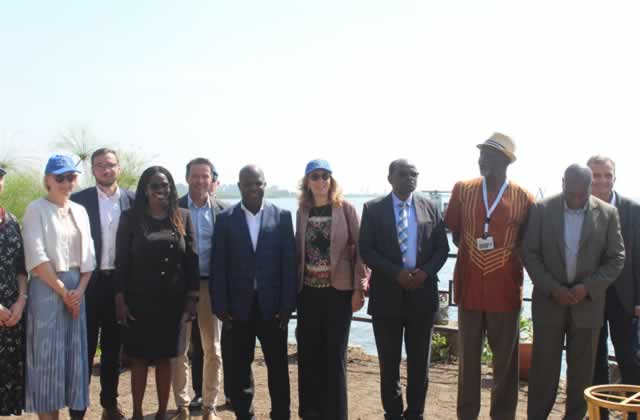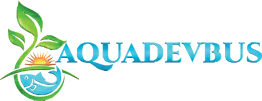
In a significant step forward for aquaculture education, the AQUADEVBUS project was officially launched from 24th to 31st January 2024 at Villa Del Sol, Kisumu, Kenya. This groundbreaking initiative, led by Great Lakes University of Kisumu, along with UiT the Arctic University of Norway, Rongo University, and Turku University of Applied Sciences, aims to develop modern, sustainable aquaculture education in higher educational institutions in Kenya.
The event saw the gathering of esteemed delegates and project team members, including a welcoming remark by Prof. Thomas Rewe on behalf of the Project Manager, Prof. Hazel Miseda Mumbo, Vice-Chancellor of Great Lakes University of Kisumu. The collaborative effort is set to address the educational needs, pedagogical enhancement, digital innovation, and broad dissemination and communication within the aquaculture sector, as detailed in the project's comprehensive work packages.
Following the kick-off, implementation plans for each work package were meticulously developed. These include the administration and coordination by Great Lakes University of Kisumu, the development of a course in aquaculture led by UiT the Arctic University of Norway, pedagogical teaching enhancements by Rongo University, digital twins technology integration by Turku University of Applied Sciences, and dissemination and communication strategies also by Rongo University.
A notable visit to Rongo University included an insightful trip to a local fish farm and tree-planting activities to symbolize the project's commitment to sustainability. The official launch event featured distinguished guests from the European Union, the County Government of Kisumu, and Vice-Chancellors of participating universities, highlighting the importance of collaboration in advancing aquaculture education. Discussions focused on leveraging successful European practices, data management, and the value chain to enhance Kenya's aquaculture sector.
Closing activities underscored the project's industry perspective, with presentations on fish production, student research areas, and a hands-on visit to fish cages on Lake Victoria, offering a practical glimpse into the aquaculture practices the AQUADEVBUS project aims to elevate.
The AQUADEVBUS project marks a pivotal moment for aquaculture education in Kenya, promising to bridge the gap between academia and industry, foster sustainable practices, and prepare students for the challenges and opportunities of the aquaculture sector.

